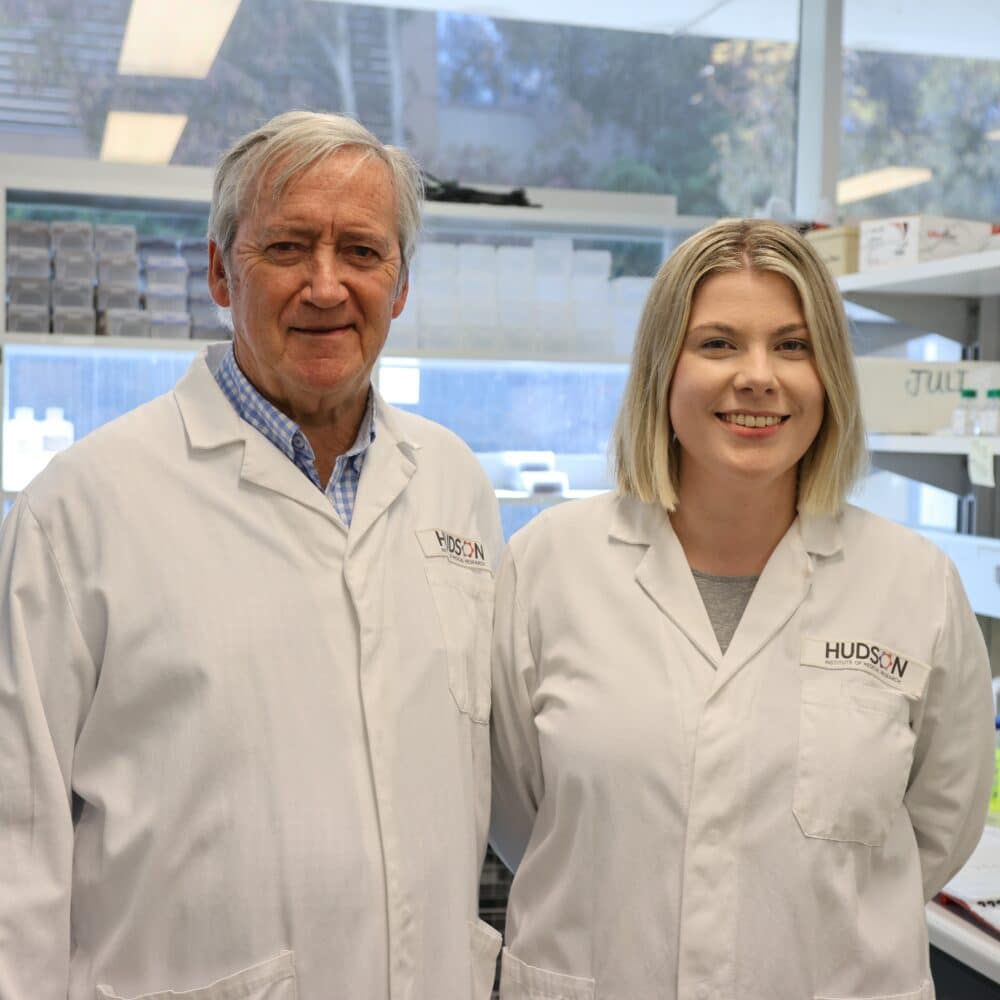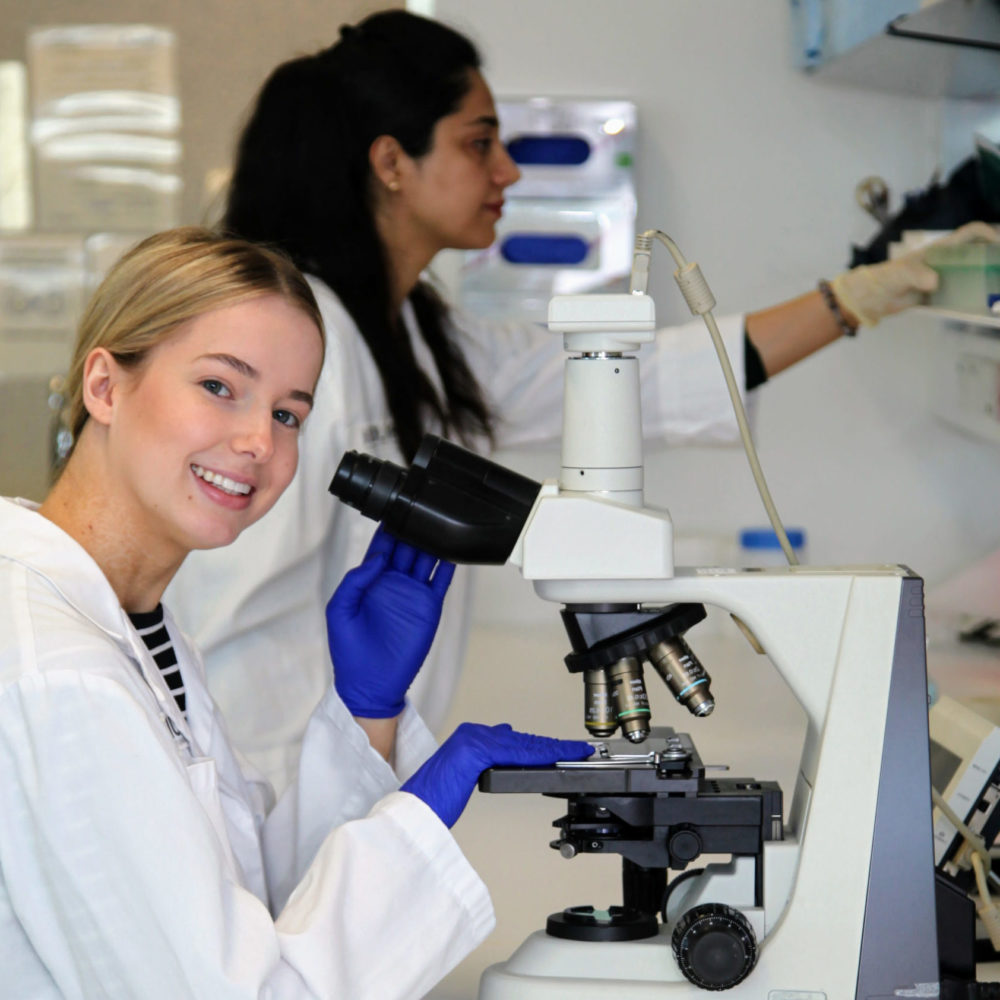Centre for Innate Immunity and Infectious Diseases
Research at the Centre for Innate Immunity and Infectious Diseases has led to ground-breaking discoveries in innate immunology and the microbiome that are changing our understanding and treatment of cancer, inflammatory and infectious diseases.

Centre Head Professor Seth Masters
Overview
The Centre for Innate Immunity and Infectious Diseases (CiiiD), led by Professor Seth Masters, houses the largest group of inflammation and immunity researchers in Australia. They are world leaders in studying the body’s innate, or first-line, immune response and how it and the microbiome trigger inflammation, leading to cancer, autoimmune conditions (lupus, inflammatory bowel disease, arthritis), lung (COPD, emphysema, silicosis) and infectious diseases (gastroenteritis, influenza, pneumonia).
The Centre for Innate Immunity and Infectious Diseases goals are to
-
- Discover the steps and connections that turn inflammation on and off
- Develop new treatments for inflammatory diseases and cancer
- Identify markers that help diagnose and detect disease earlier.
Inflammation – the cause of disease
Scientists now know that uncontrolled destructive inflammation is the cause of more than 50 per cent of deaths worldwide and underpins hundreds of chronic diseases.
Inflammation is an essential immune response for survival. Although it protects against invaders (viruses, bacteria), it can also cause serious damage and even death. By finding the complex interconnections in inflammation, the Centre for Innate Immunity and Infectious Diseases scientists are finding new ways to treat common and serious illnesses from birth to old age.
In the past five years, the Centre’s scientists have published more than 300 peer-reviewed publications, including works in prestigious journals, such as Nature, Nature Biotechnology, Nature Communications, Nature Microbiology, PNAS USA, PLoS Pathogens, EMBO Molecular Medicine, Gastroenterol, Gut, and Journal of Clinical Investigation. Their fundamental discoveries have led to numerous national and international industry collaborations.
They were co-founders of the Victorian Infection and Immunity Network (VIIN) and the Australian TLR research network (TLROZ), and are involved in several national and international collaborations, such as the Australian Inflammation Cent
















